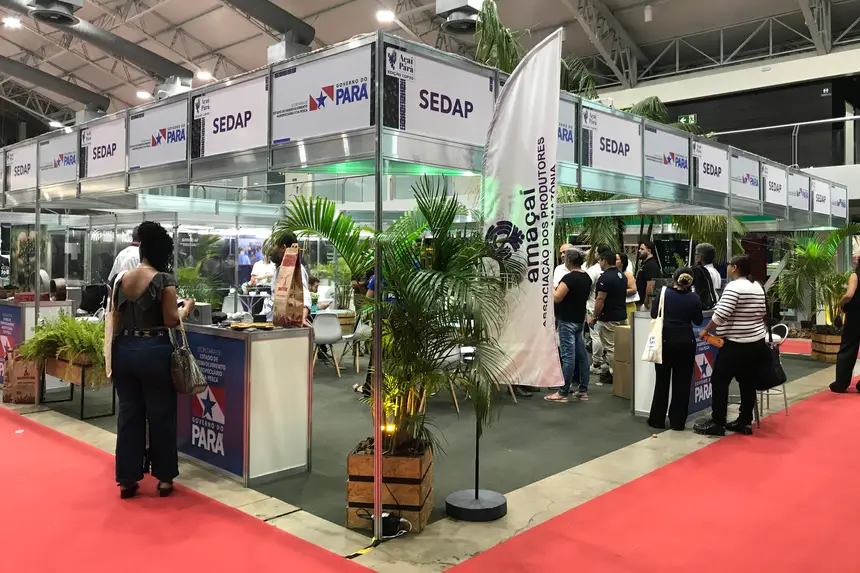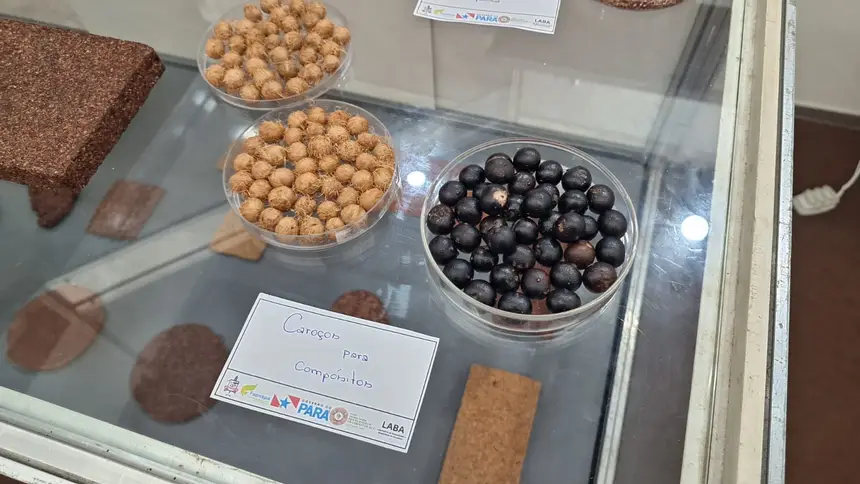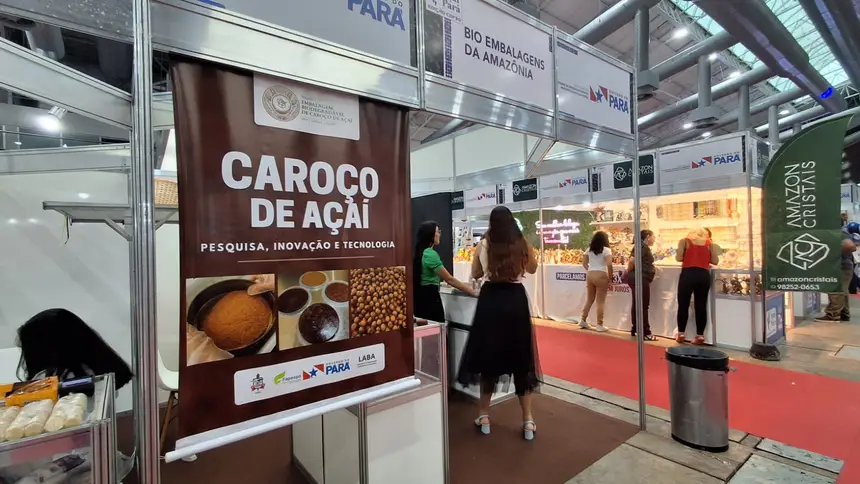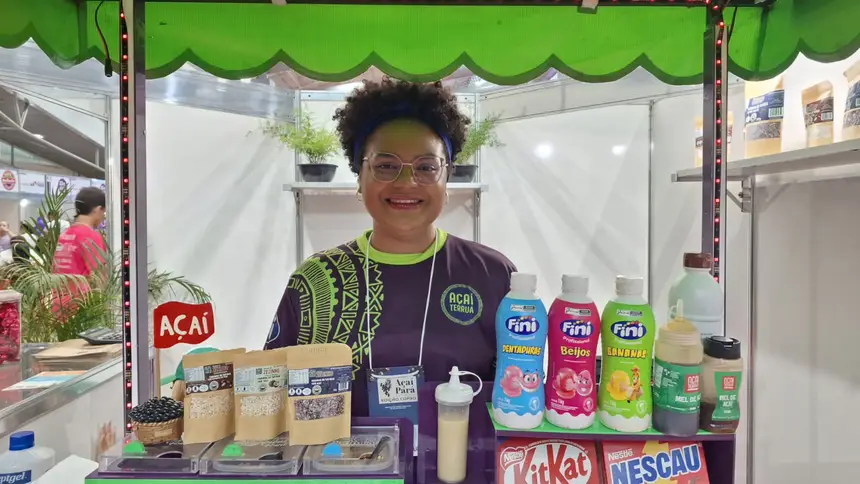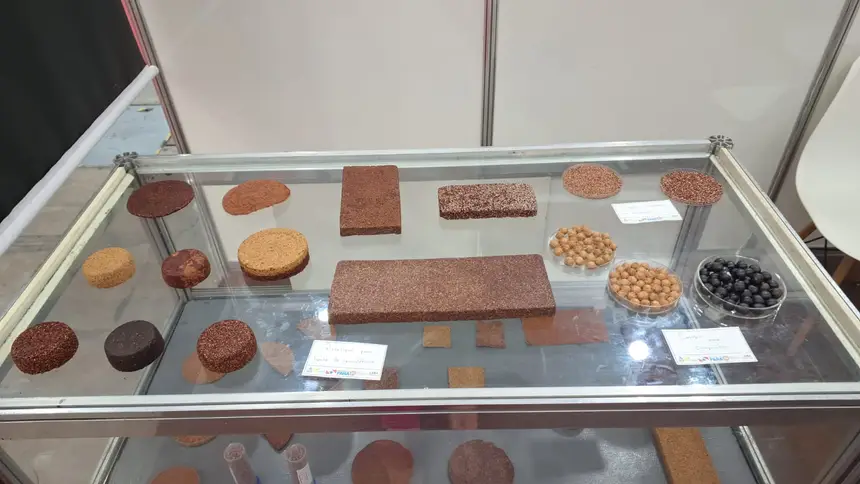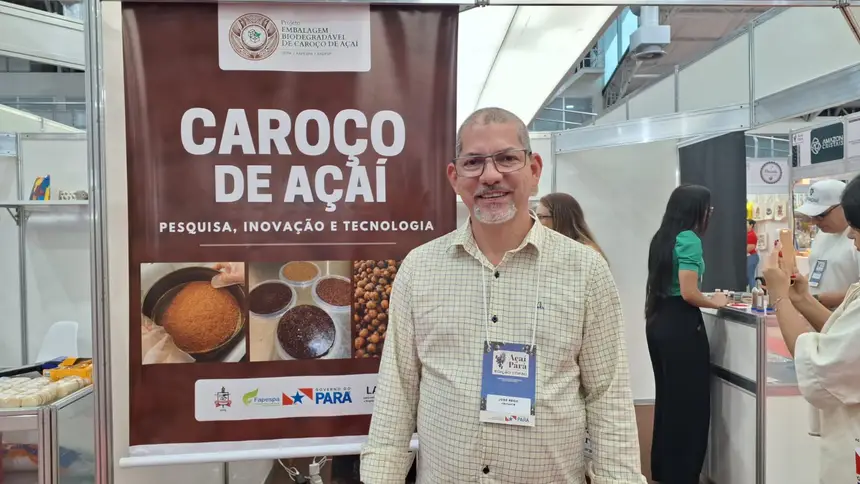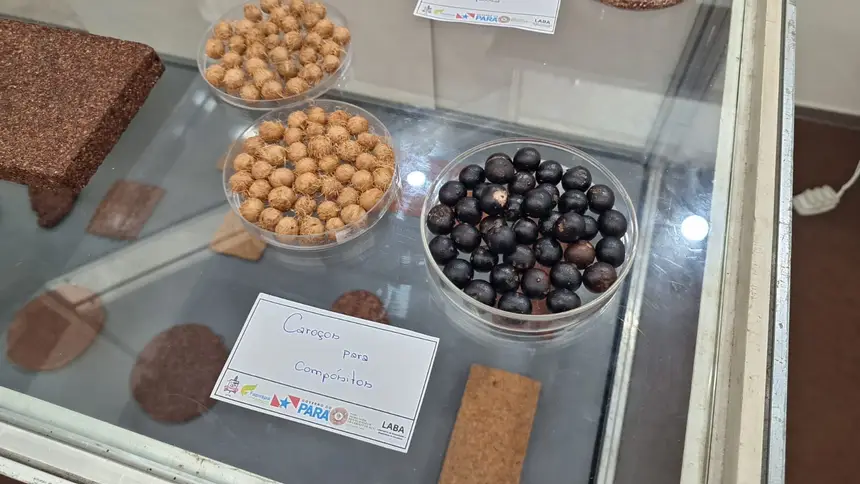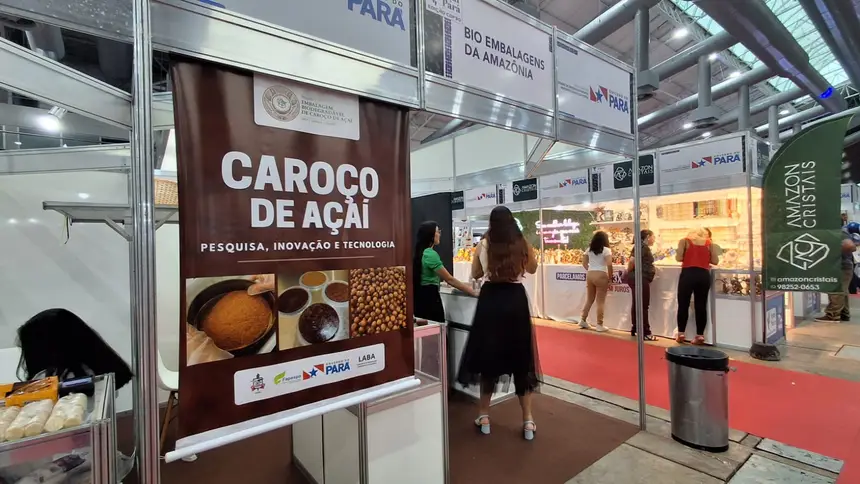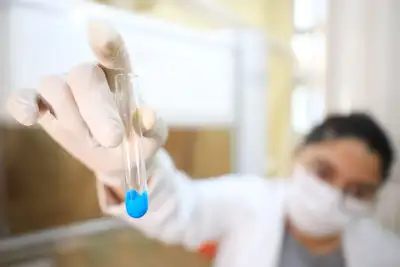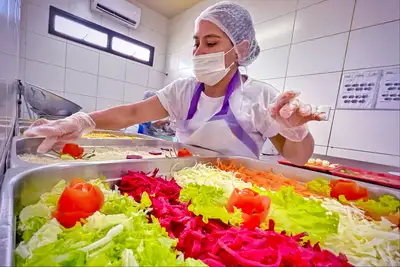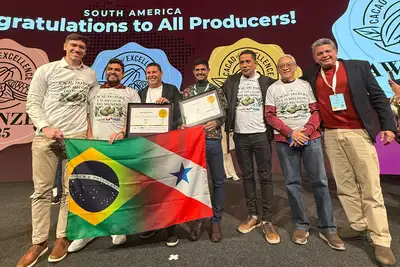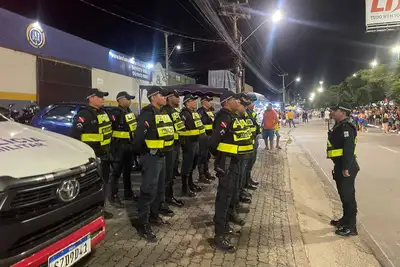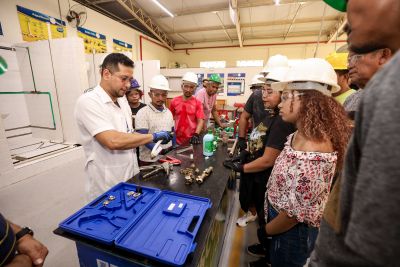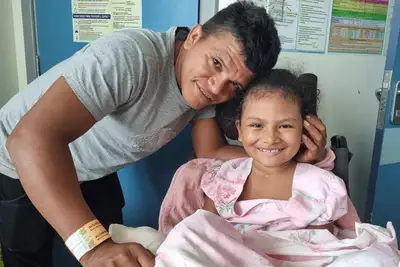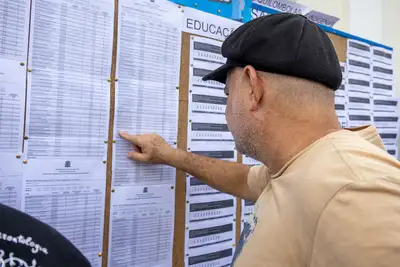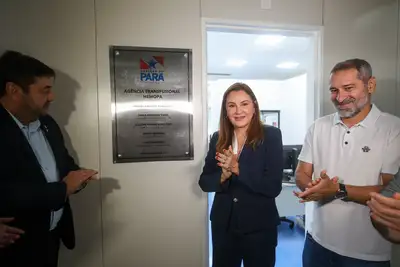Fapespa highlights innovative projects at the International Açaí Pará Festival, at Hangar
The institution has already invested over R$ 2 million in research and innovation projects related to the açaí production chain
The Amazon Foundation for Support of Studies and Research (Fapespa) was present at the 3rd edition of the International Açaí Pará Festival. The event was held at the Hangar Convention Center and featured various projects supported by Fapespa.
The Foundation, as a research funding body, brought together representatives and researchers to present products developed by Fapespa. Among them are the projects developed by the Directorate of Environmental Studies and Research (Dipea).
"These studies aim to show society data related to the sustainability of Pará and its regions. For example, we have the Islands Bulletin and the sustainability barometer, which are already available on Fapespa's website. We created a panel where we summarized this data in a more interactive way and with more details to facilitate understanding and reading for the population," explains researcher and Fapespa scholar, André Barros.
The bulletins represent an integrated study of the socio-environmental landscapes of the islands of the State, focusing on their physical, social, and ecological potential. Specific bulletins have already been produced for the Islands of Cotijuba, Mosqueiro, Caratateua, Combu, Ilha das Onças, and Adjacent areas.
Only in the açaí production chain area, Fapespa invests over R$ 2 million in research and innovation projects. Through public calls, several projects have already been contemplated, such as the initiative "Bio-packaging from the Amazon" developed by students from the Federal University of Pará (UFPA).
Seed - "Currently, we are coordinating a project funded by the government of the State of Pará, through Fapespa. This project deals with a seed that is very important to us, the açaí seed. So, we are studying how to reuse it, how to make it an economically viable product, with all the perspectives of the bioeconomy in the State of Pará. From these inputs, we create biodegradable packaging. Fapespa has been fundamental for our project to materialize here in our region," says the research coordinator and professor at the Institute of Natural Sciences and Arts, Faculty of Chemistry at UFPA, José Rego.
"Our project at the Amazon Bioplastics Laboratory works with biofilms made from açaí seeds. We take the açaí seed that is usually thrown away and use it to make various modifications of raw materials, such as bioplastics, to replace plastic bags made from petroleum, with a material that is strong and quickly degrades in the environment," adds UFPA student and researcher Gabrielly Castro.
The Festival also represents an opportunity for entrepreneurs, who promote exhibitions and sales of açaí-derived products, in addition to presenting innovative technologies for harvesting and utilizing the fruit.
Leverage - Entrepreneur Helana Lima comments on "The Fair has been a good space for showcasing innovative products and boosting our business. Our açaí ice cream features ingredients from here in Pará, such as tapioca, cupuaçu, and we also have various types of syrup. Among them, we have açaí honey, which comes from the Terruá farm, where the bees that pollinate the açaí fruits return to their hive and produce the honey, and it is from this pollination done on the açaí trees that açaí honey is made, a product of ours, legalized and patented," explained Helana.
The event also offers free training courses for artisanal açaí beaters. The initiative aims to value açaí workers and ensure good sanitary practices in the preparation of the drink.
Leader - According to data released by Fapespa last year, formal jobs linked to açaí grew by more than 800%. In the last 20 years, the number of producing properties has increased by over 500%. Açaí cultivated in Pará dominates national production (87%) and the State, which once exported less than half a ton of the fruit, now exceeds the mark of 61 thousand tons annually, according to research.
“The açaí festival brings the opportunity for the different links of this production chain to present their innovations, discuss new strategies, and, of course, showcase to society all the delights of this tree that is a true gift of nature that the world is learning to value and savor,” highlighted the president of Fapespa, Marcel Botelho.
Text by intern Alice Mendonça, supervised by Manuela Oliveira (Ascom - Fapespa)


